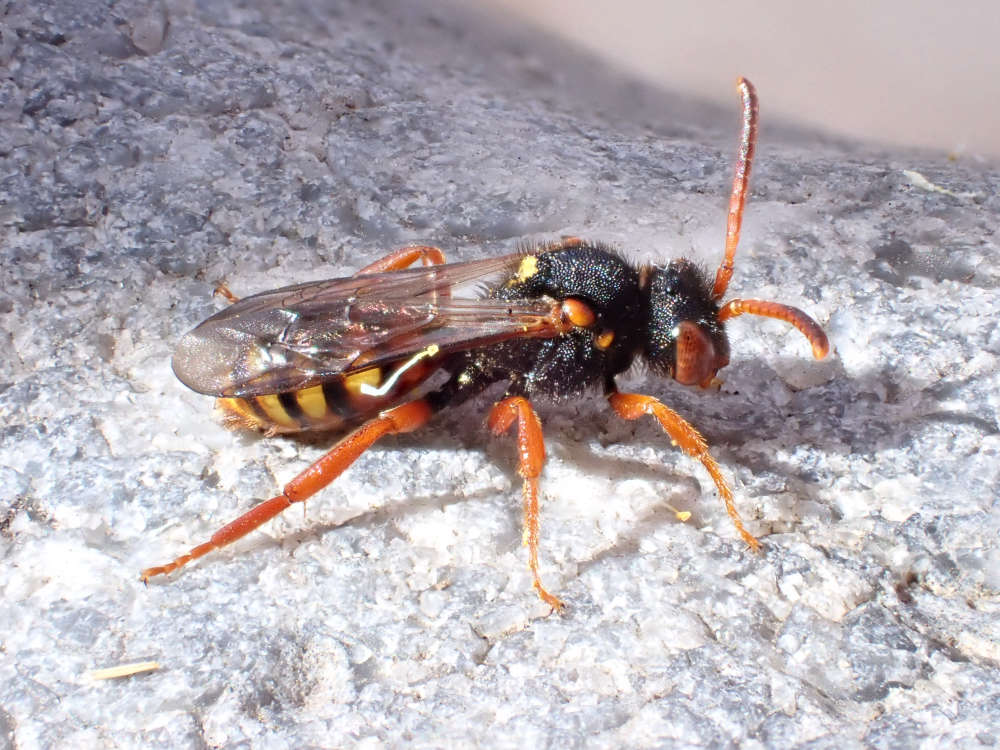
The University of Brighton said its researchers are joining a project that aims to rid the environment of hormone changing pollutants which can lead to extreme health conditions in humans.
EU Interreg Channel's 'Project RedPol' is part of a €1.96m (£1.75m) operation which involves researchers from six partners made up of four universities (Brighton, Portsmouth, Caen and Le Harve), French company TOXEM and existing University of Brighton collaborators Chichester Harbour Conservancy.
Brighton will receive around €300,000 (£268,000) for its part in the project, which will be led by Dr Corina Ciocan, Senior Lecturer in the university's School of Pharmacy and Biomolecular Sciences and the Centre for Aquatic Environments.
The project focuses on endocrine disruptors — chemicals which can interfere with hormonal systems and cause developmental disorders, birth defects and cancerous tumours.
According to researchers, the chemicals can also have a drastic impact on the wider environment and wildlife population, potentially causing an unbalance in environmental health.
The university said the overall aim of the programme is to deliver six innovative projects which will help address the key issues, with tests developed to eliminate the chemicals at source. 
Dr Ciocan and her team will investigate the pollutants in mussels and oysters.
It follows a recent piece of research with Chichester Harbour Conservancy (part of the Ignite initiative which links university research with community partners) which found high quantities of glass microfibres in oysters and was recently featured on BBC One's Countryfile at the end of July 2020.
Dr Ciocan said:
"Concerns about the endocrine disruptors have been growing since the 1990s — however this issue still remains a global challenge.
"Our project aims to develop tests and knowledge to better characterise those chemical compounds, likely to affect the hormonal system in aquatic organisms and humans.
The University of Brighton's RedPol team will employ state of the art mass spectrometry, histology and molecular biology techniques to detect biomarkers, or early signals that can predict a hormonal change in the organisms following exposure to endocrine disruptors.
"The results will be developed into applications for monitoring chemicals and for better environmental assessment."


 Council Calls On West Sussex Residents To Consider Fostering
Council Calls On West Sussex Residents To Consider Fostering
 Meghan, Duchess Of Sussex, Says Nigeria Is 'My Country' On Visit With Prince Harry
Meghan, Duchess Of Sussex, Says Nigeria Is 'My Country' On Visit With Prince Harry
 Two Men Wanted In Connection With Hastings Fatal Collision
Two Men Wanted In Connection With Hastings Fatal Collision
 M25 Reopens Seven Hours Ahead Of Schedule
M25 Reopens Seven Hours Ahead Of Schedule
 More 'Live' Bus Information Screens To Be Installed In West Sussex
More 'Live' Bus Information Screens To Be Installed In West Sussex
 Rare Bee Found In Lewes
Rare Bee Found In Lewes
 Event Bookings Go Live For Worthing Festival ‘24
Event Bookings Go Live For Worthing Festival ‘24
 Man Charged After Throwing Brick Through Brighton Restaurant Window
Man Charged After Throwing Brick Through Brighton Restaurant Window
 Peacehaven Man Disqualified Over High-Speed A27 Pursuit Near Brighton
Peacehaven Man Disqualified Over High-Speed A27 Pursuit Near Brighton
 Appeal After PCSO Assaulted In Uckfield
Appeal After PCSO Assaulted In Uckfield
Comments
Add a comment